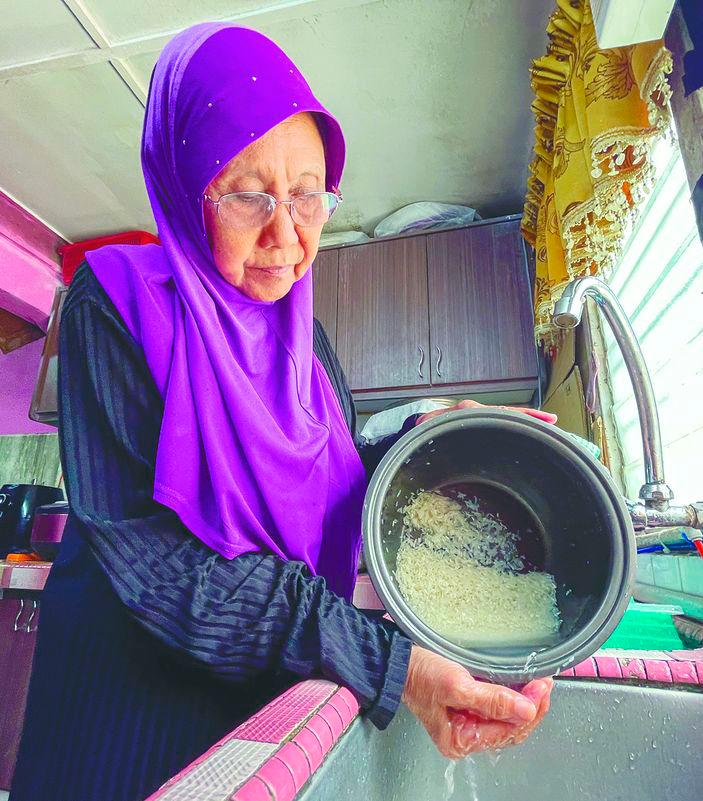PETALING JAYA: For some Malaysians, particularly the poor, neglected elderly and marginalised communities, food remains a daily uncertainty, not a guarantee.
According to Human Rights Commission commissioner Ragunath Kesavan, this constitutes a violation of basic human rights.
“Access to safe and nutritious food is internationally recognised as a fundamental human right,” he said in conjunction with World Food Safety Day today.
Ragunath highlighted Article 25.1 of the Universal Declaration of Human Rights and Article 11 of the International Covenant on Economic, Social and Cultural Rights, both of which Malaysia has ratified, as clear affirmations that food security must be protected as a right, not treated as a privilege.
Yet, food insecurity continues to impact low-income and marginalised communities, especially the B40 group and neglected elderly individuals.
“Food safety is deeply linked to a person’s earning power. Those who are poor are most affected. Even though we have decent food safety regulations, they don’t always protect the vulnerable,” he told theSun.
Although the commission has not received formal complaints related to unsafe or inaccessible food, Ragunath attributed this to a widespread lack of public awareness that food access is a rights-based issue.
“People don’t see food safety as a human rights concern.”
Despite this, the commission has taken proactive steps through seminars, stakeholder engagement and advocacy efforts, urging the government to strengthen food security and revitalise the agriculture sector.
Ragunath also criticised Malaysia’s heavy reliance on food imports, stating that the country has become less self-sufficient since its economic shift from agriculture to manufacturing in the 1980s.
“Even basic staples such as rice are now heavily imported. This makes us vulnerable to global supply shocks and price hikes.”
While Malaysia’s food regulations focus on technical safety standards, he noted they often overlook affordability and equitable access, especially for marginalised groups.
To address this, he proposed shifting from cash-based aid to food vouchers or coupons, which could help ensure consistent access to essential nutrition.
“There should be a minimum national standard for what a proper meal looks like. The current support systems are ad hoc. We need a more comprehensive food safety and support strategy.”
He also urged the government to integrate food access into education, public health and poverty eradication policies.
“Nutritious food doesn’t have to be expensive. We have local vegetables, grains and fibre. We must promote education in schools and encourage healthy eating habits.”
Asked whether the right to food should be legally enshrined, Ragunath said while Malaysia acknowledges its importance, the issue must be given greater weight in national planning.
“Agriculture must be given renewed importance. We should aim for greater self-sufficiency. There should be a stronger policy focus on food justice and safety for all.”
He emphasised that food policies must be inclusive and non-discriminatory, benefitting all individuals in need, regardless of race, religion or citizenship status.
Ragunath also called on young Malaysians, the media and civil society to take a more active role in advancing food justice, particularly in light of rising malnutrition and obesity across various segments of the population.
“When we talk about obesity or Orang Asli communities suffering from malnutrition, we’re seeing symptoms of food insecurity. The solution isn’t just treating illness, but also ensuring access to food and nutrition for everyone.”
In conjunction with World Food Safety Day, he highlighted the importance of public education and awareness.









